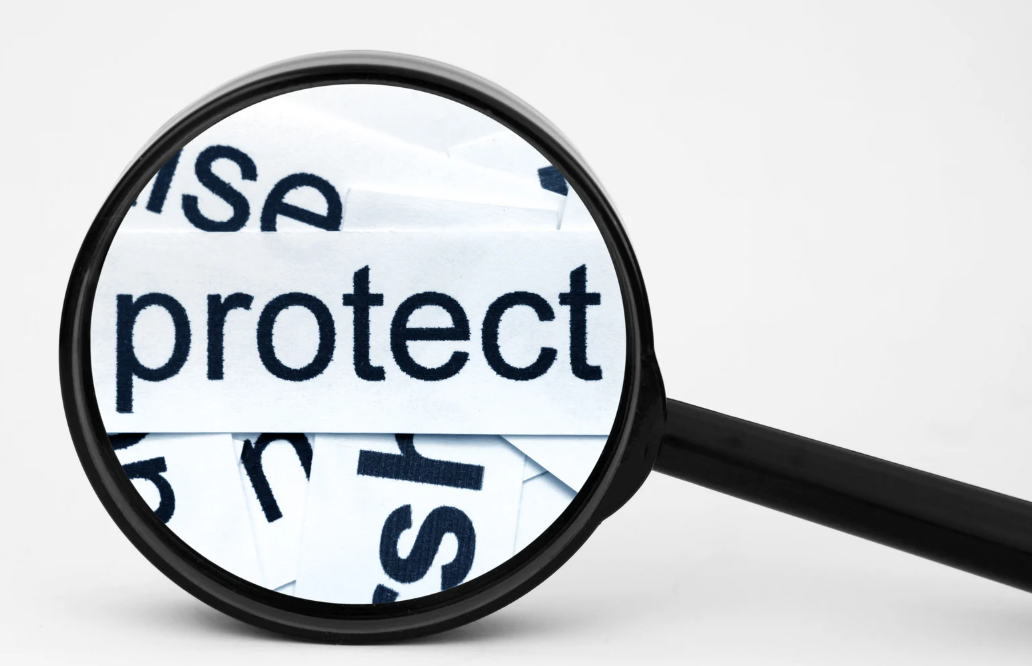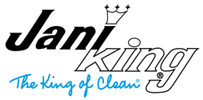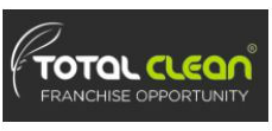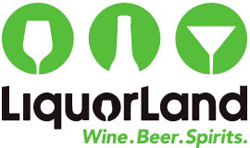Franchising is a powerful way to expand a successful business model while maintaining brand consistency across locations. In New Zealand, the franchise industry is robust and growing, making brand protection more important than ever. Whether you’re an established franchisor or just entering the market, ensuring the integrity of your brand is critical. Without careful safeguards, your brand’s value can quickly be diluted or compromised. This article outlines key strategies to protect your franchise brand in the New Zealand context, from legal protections to operational controls.
Register Your Intellectual Property
The first and most essential step in protecting your franchise brand is registering your intellectual property. This includes your trademark, logo, business name, slogans, and any proprietary materials such as operations manuals or software. In New Zealand, trademarks should be registered with the Intellectual Property Office of New Zealand (IPONZ). A registered trademark grants you exclusive legal rights to use and enforce your brand identity. This registration also sends a clear message to competitors and franchisees alike that your brand assets are not to be misused.
Create a Comprehensive Franchise Agreement
A solid franchise agreement is the cornerstone of brand protection. This document should clearly define how your brand is to be used and what is considered acceptable behavior by franchisees. It should cover use of trademarks, customer service standards, product or service consistency, advertising guidelines, and compliance expectations. In New Zealand, franchise agreements must be clear, enforceable, and comply with the Fair Trading Act 1986. Working with a lawyer who specializes in franchising can help ensure that your agreement not only protects your brand but also stands up to scrutiny if disputes arise.
Implement Strict Operational Standards
Maintaining a uniform customer experience is central to brand strength. To achieve this, franchisors must implement detailed operational standards and procedures. These should cover every aspect of the franchise’s operation—from staff training and customer service to cleanliness, inventory, and marketing. All franchisees should undergo comprehensive training, and their adherence to brand standards should be regularly audited. This ensures that the customer’s experience remains consistent no matter which location they visit, reinforcing your brand identity and reliability.
Enforce Brand Compliance
Brand guidelines are only effective if they are enforced. Regular audits and performance reviews should be built into your franchise system to ensure compliance. Non-compliance must be addressed promptly and consistently. If franchisees are allowed to deviate from standards without consequence, the brand quickly becomes fragmented. Enforcement may involve retraining, written warnings, or, in extreme cases, termination of the franchise agreement. It’s crucial that enforcement is carried out in accordance with the terms set out in your contract and New Zealand’s legal framework.
Monitor the Market and Online Presence
In today’s digital landscape, brand protection also extends to online presence. Franchisors should actively monitor social media, review platforms, and digital marketing to ensure that franchisees are representing the brand appropriately. Negative reviews or unauthorized use of logos or messaging can harm your reputation if left unchecked. Franchisors should also keep an eye on the broader market for copycats or trademark infringements. Swift action should be taken to report or pursue legal remedies against any unauthorized use of brand assets.
Conclusion
Protecting your franchise brand in New Zealand requires a strategic blend of legal, operational, and practical measures. From registering intellectual property to enforcing consistent brand standards, every aspect of your franchise system should be designed with brand protection in mind. A well-guarded brand builds customer trust, supports franchisee success, and strengthens your long-term business potential. In a competitive market like New Zealand, proactive brand protection isn’t optional—it’s essential.









